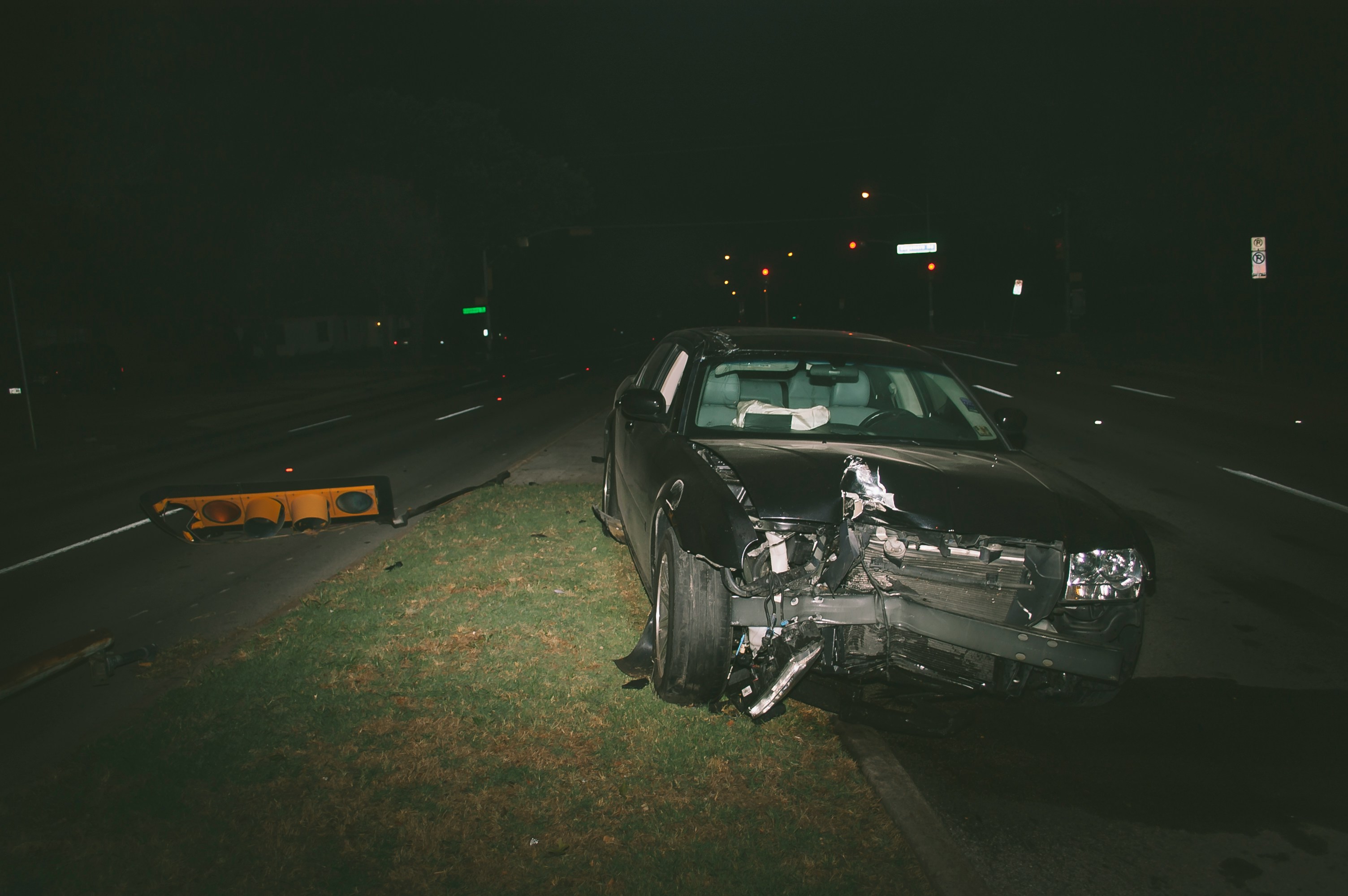Car accidents claim the lives of approximately 1.3 million people worldwide each year. Every day, thousands of people are involved in motor vehicle accidents. Some may suffer short-term injuries, while others may experience long-term injuries or permanent disability.
Due to the risk of short-term, long-term, or permanent physical injuries and the likelihood of trauma caused by your accident, you should take some critical steps to protect yourself and your legal rights.
1. Gather Evidence

Record their name, address, phone number, and insurance information for any other drivers involved in the crash. Use your smartphone to take pictures. With a smart photo manager, such as IBI, you can create cloud picture backups of all the images you take. Accident photos can be used to establish who was at fault for the accident and the extent of the damage the accident caused.
Photos of the scene of the accident, as well as close-ups of the damage, can protect you from having another party try to claim additional damages or deny responsibility if they were at fault. Collect the names of any witnesses who were present and write down their contact information. Make a note of factors that may have contributed to the accident, such as a power outage that affected traffic lights or another vehicle that ran a stop sign.
2. Call the Police

The police do not need to respond to every accident, but if anyone is injured, you must call 911. You also need to contact the police if there is extensive property damage. Record the names and contact information for the officers who respond to the scene. Note their badge number and the report number for your accident. Your insurance company or your attorney may need this information if they have to follow up with the police later.
3. Get Medical Treatment
It may be hours before you become aware of the injuries you have sustained from your accident. Whiplash symptoms may not be evident for a day or more. You may also be in shock following your accident and unable to accurately assess your condition. Paramedics should examine you at the scene to rule out head trauma or concussion. You may need to go to the hospital for an examination or see your family physician after the accident. MRIs and other tests can be used to determine if there is internal damage.
Your doctor may refer you to therapists and specialists who can provide expert care for your injuries. For example, you may need to see a physical therapist to regain motor skills if you broke your leg. You may need to see an occupational therapist. These medical experts can help you regain fine motor skills if you broke your arm or suffered a brain injury.
It’s common to experience post-traumatic stress disorder (PTSD) following a motor vehicle accident. Your family doctor may recommend a qualified counselor or therapist who can help you deal with your trauma and develop strategies to help you cope with PTSD.
4. Talk to an Attorney

Schedule a consultation with a car accident attorney in Los Angeles. Contact an attorney who specializes in personal injury law. They are familiar with the law and how it impacts personal injury claims. They are familiar with the compensation caps that apply to specific types of accidents and injuries. They also know what grounds can be used to make legal compensation claims. Personal injury attorneys have the experience and knowledge needed to ensure you receive the full compensation you are eligible for.
Attorneys typically offer a free consultation to discuss your case and understand your legal rights and how a lawyer may be able to help you before you decide to hire them. They also work on contingency. Your attorneys receive a portion of any settlement you receive. You do not need to pay upfront for their services.
5. File Claims

You will need to talk to your insurance company after your accident. Advise them of the incident and provide relevant information, such as the police report number, date, time, location, and the name and insurance information for other drivers involved.
Your insurance company can make arrangements for you to be compensated for your vehicle or provide payment for any required repairs. Your plan may determine whether you are eligible for the use of a temporary vehicle. Some insurance plans provide compensation for pain and suffering. Discuss any compensation offer with your attorney before accepting it to ensure that you receive the maximum amount of compensation allowed.

